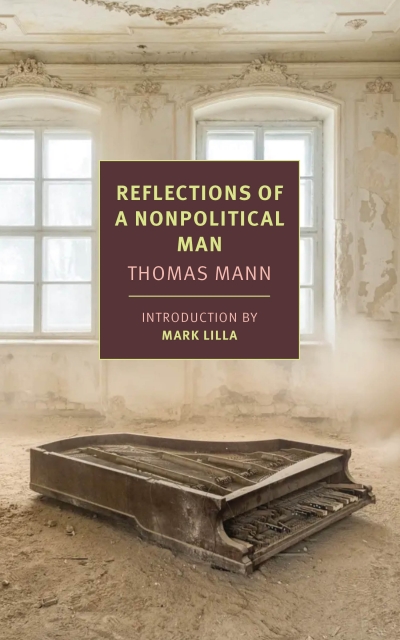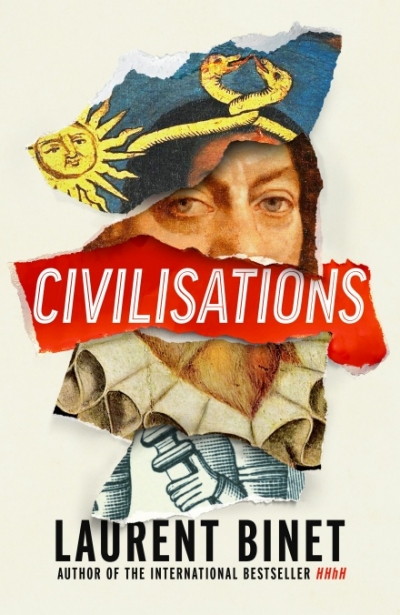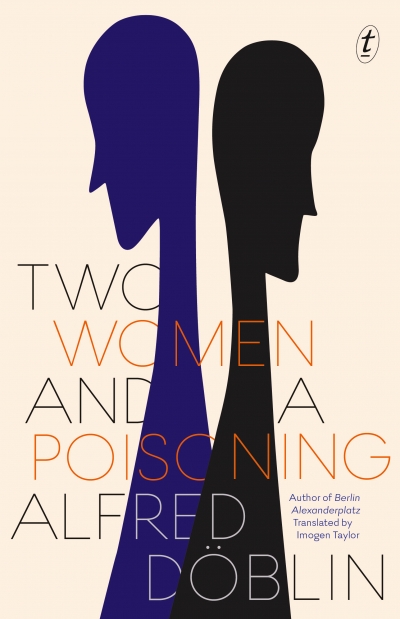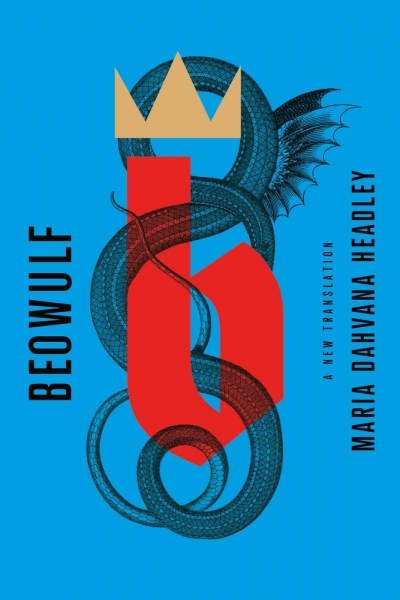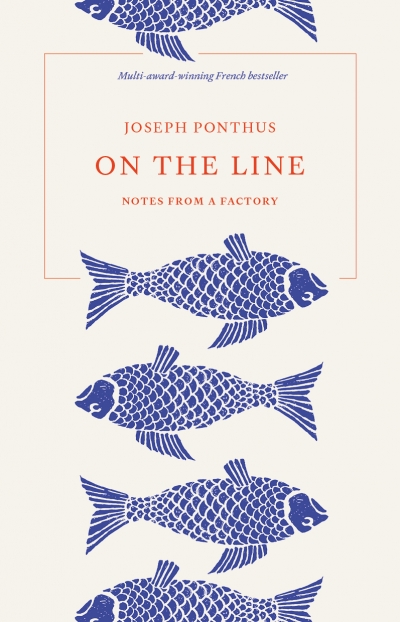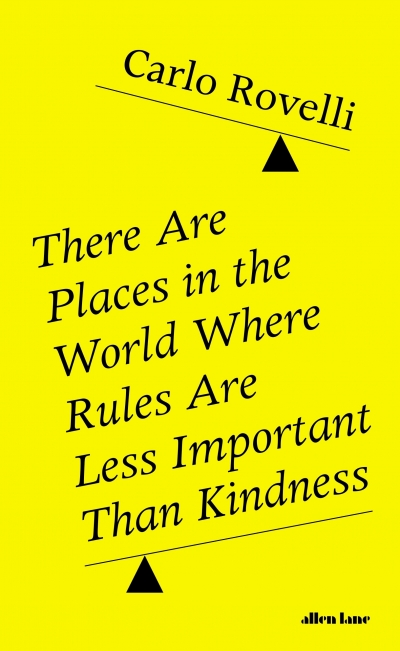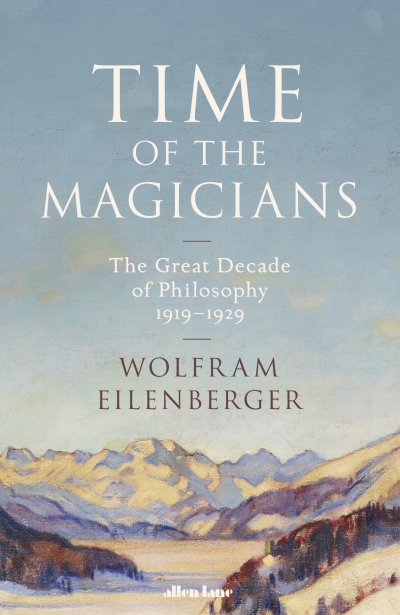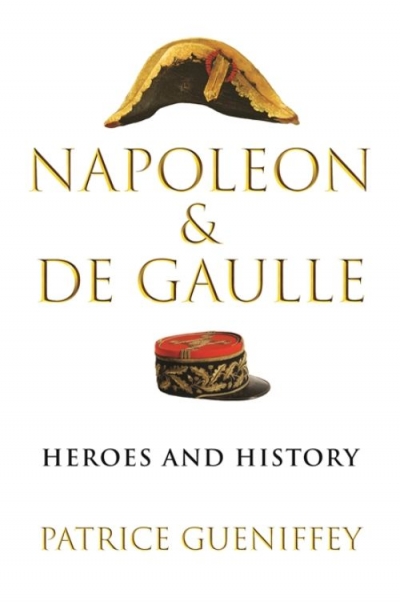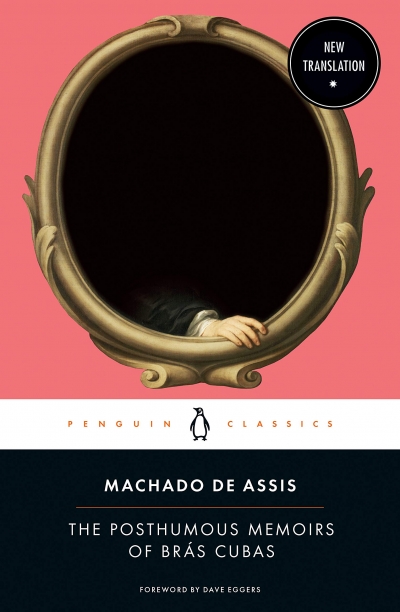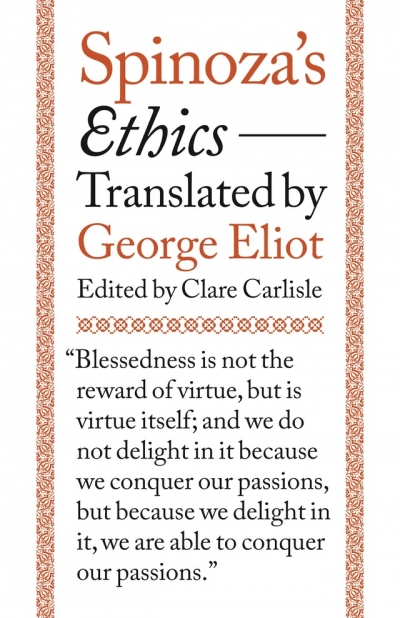Translations
Reflections of a Nonpolitical Man by Thomas Mann, translated by Walter D. Morris
by Joachim Redner •
Civilisations by Laurent Binet, translated by Sam Taylor
by Cristina Savin •
Two Women and a Poisoning by Alfred Döblin, translated by Imogen Taylor
by Joachim Redner •
On the Line: Notes from a factory by Joseph Ponthus, translated by Stephanie Smee
by Valentina Gosetti •
There Are Places in the World Where Rules Are Less Important Than Kindness by Carlo Rovelli, translated by Erica Segre and Simon Carnell
by Diane Stubbings •
Time of the Magicians: The invention of modern thought, 1919–1929 by Wolfram Eilenberger, translated by Shaun Whiteside
by Janna Thompson •
Napoleon and de Gaulle: Heroes and history by Patrice Gueniffey, translated by Steven Rendall
by Peter McPhee •
The Posthumous Memoirs of Brás Cubas by Machado de Assis, translated by Flora Thomson-DeVeaux
by Andrew McLeod •
Spinoza’s Ethics edited by Clare Carlisle, translated by George Eliot
by Moira Gatens •

